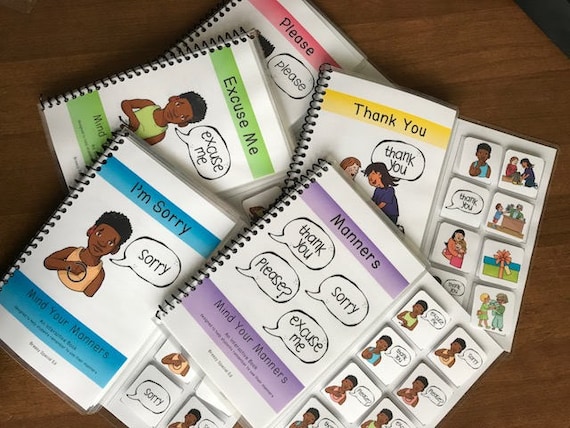One of the biggest changes I have dealt with this year was going from a classroom with 2 classroom paraprofessionals to 5 one-to-one paraprofessionals. It's great to have support...but I had (and still have) a lot to learn about managing so many adults in my classroom. Here's some things that I have learned and am working on with my classroom aides that I hope might also help you in your paraprofessional relationships!
.png)
1. Give positive feedback - This is important to do as early as you can so that you can establish a good rapport with your staff. Find something that they do well, and let them know! And better yet, let your principal/district chair/supervisor/their boss know as well. I have sent emails to my district chair and then she forwards them onto the aides with a message like "keep up the good work!" People in general like to be recognized and it's important that we do this for our staff members as well. After sending these emails, I have noticed these staff members work even harder, which has been awesome!
2. Schedule meetings - I have planned very informal meetings to meet with each staff member individually for a few minutes after the students leave every other week. Our students leave at 3:00 and the staff stays until 3:15. This is really the only time we have without students and they usually use this time to check their emails and such, so I was a little nervous to ask them for this time. However, they were totally on board and I try to make these meetings very positive and give them time to ask questions and brainstorm ideas about their individual student. This is a great time for them to let me know what is going on with their student that I might not see or any other ideas that they have. I learn so much from my paraprofessionals when we have this time to talk! We also review IEP goals to remind the staff why we work on the skills that we work on.
3. Give directions and Explain yourself - Your classroom aides are not mind-readers. Plus, they likely don't have the experience and education that you have had. As the teacher, you know what your students need and the strategies to use to help them learn. Show your staff members how to work with their student and then watch them in order to provide feedback. Make sure you are working together. Then when you have time (maybe in your bi-weekly meetings) explain why you are using the strategies you are using and why you are asking the staff to respond in that way. While not always necessary, explaining why you are asking staff to do something a certain way sometimes helps them realize the important of doing it your way and not how they think it should be done.
4. Discuss and Document - Unfortunately, there will be situations where you have to correct staff due to inappropriate classroom behavior or even just minor student programming.
If you have established a positive relationship with your staff members, hopefully they will listen and it will be an easy conversation to have. Honestly, I never thought it would be easy to have conversations where I tell staff they need to change what they are doing, but with some of my staff we have that relationship where they actually appreciate the feedback I give! However, I have staff where the conversation is a lot harder to have, but the conversations need to take place because it's in the best interest of the student to get those situations corrected. Before I have a conversation, I find it's good to have specific examples of what I am talking about. I usually write them down so I can refer to them if I get nervous and if staff becomes confrontational. After the discussion, send an email with the reminders so they can refer to it and you also have written documentation that the conversation took place. If issues continue to happen, make sure your aide's boss knows what's going on and what you can done to try to correct the situation.
5. Show your appreciation - Write occasional thank you notes. (I have that on my to-do list for this week!) I've given my aides packs of gum as a simple "I appreciate you" gift. If your school does anything to celebrate administrative professionals day (April 23) be sure to contribute, or do something yourself! It can be a simple box of doughnut holes. It really is the thought that counts.
6. Keep it Positive - Don't vent to your aides about problems going on in the classroom, whether it be administration, other staff, students, or parents. Your attitude has a huge impact on your classroom's aides attitude. So, just like we all do with our students, sometimes we have to fake it until we make it! Or at least just keep our mouth shut :) You want to keep their morale up and negativity doesn't help this situation.
What else would you add to this list?



















.png)

























